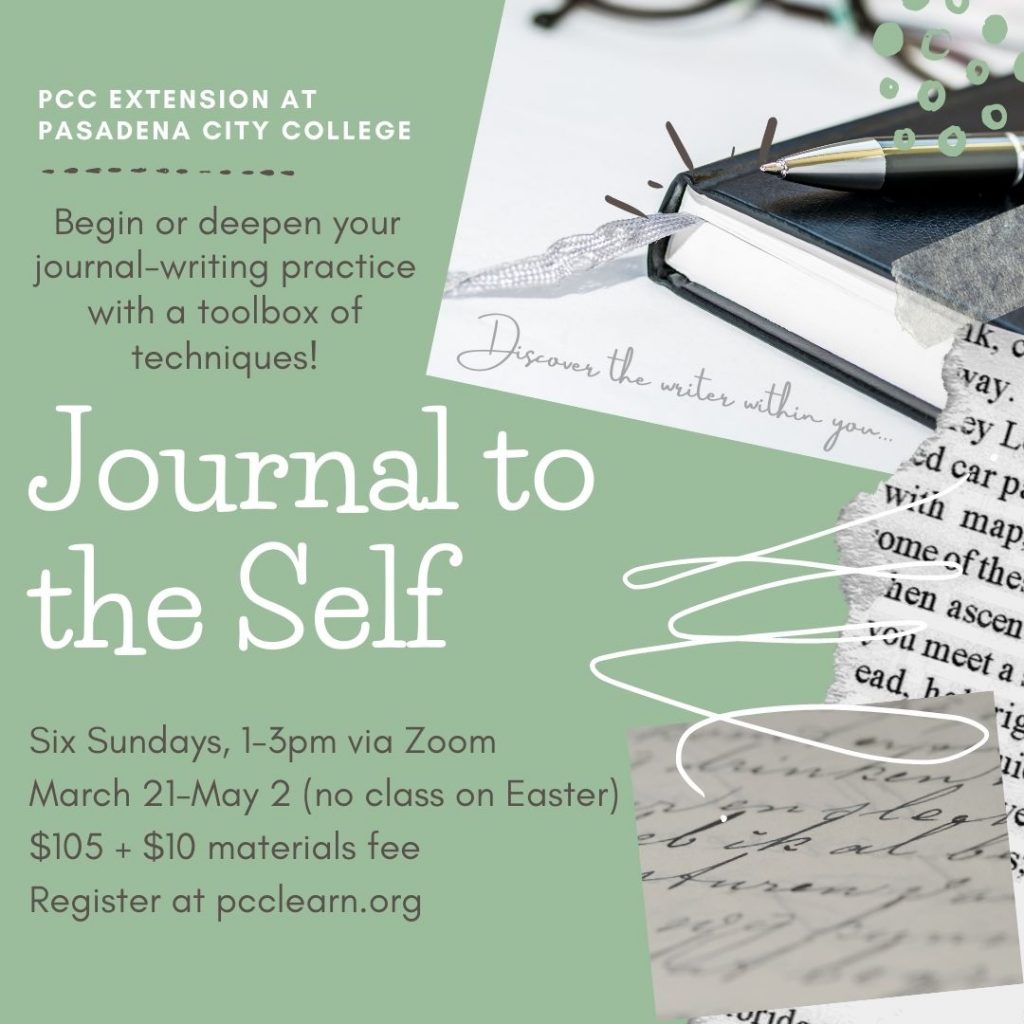When we call someone a “writer,” typically we think of someone who has published their work professionally. Whether it’s a book, an article, a poem, or a screenplay, the product of writing is usually the distinguishing criteria.
Undoubtedly, these products of writing are pretty great… but what about the process of writing?? Isn’t that what being a writer is all about?
When we dig a little bit deeper, we find that many of the most esteemed writers didn’t write explicitly in order to create great works. Instead, they wrote as a means to heal themselves from traumatic experiences – and successful publication was simply a fortuitous byproduct. From Isabel Allende to Virginia Woolf and Henry Miller to Tim O’Brien, writing has been used by notable authors who were trying to work through the complexities of loss, grief, suffering, and other challenging emotions along the path of human experience. In fact, the vulnerability they bring to the page is why their work resonates so deeply with us.
The plot thickens when we consider that it is the process of writing – not the product – that makes it such a therapeutic activity. In a study by University of Texas psychologist James Pennebaker, college students wrote about trauma either on regular paper or on a child’s Magic Pad (yep, those toys where the writing disappears after you lift away the gray plastic sheet!). It turned out that after the writing task was completed, both groups experienced a boost to their physical and psychological health. That means that even when there is no product left after writing (in this case, it literally disappeared), the process itself is greatly beneficial.
And so, through writing about our deepest thoughts and feelings, without regard for whatever products may arise, we all have the potential to become writers in the truest sense of the word. This spring, I’ll once again be teaching Journal to the Self—an expressive writing workshop that can help you discover the writer within you—online via PCC Extension at Pasadena City College. Developed by the pioneering journal therapist Kathleen Adams, the course will give you a toolbox of techniques to begin or deepen a journal-writing practice.
I’ll be holding the workshop on Zoom over six Sundays, March 21-May 2 (no class on Easter), 1pm-3pm. This course is usually offered for $275 per person, but PCC Extension is offering it at the very low rate of $105 per person (plus $10 materials fee for the workbook). You can register for the course at www.pcclearn.org.

